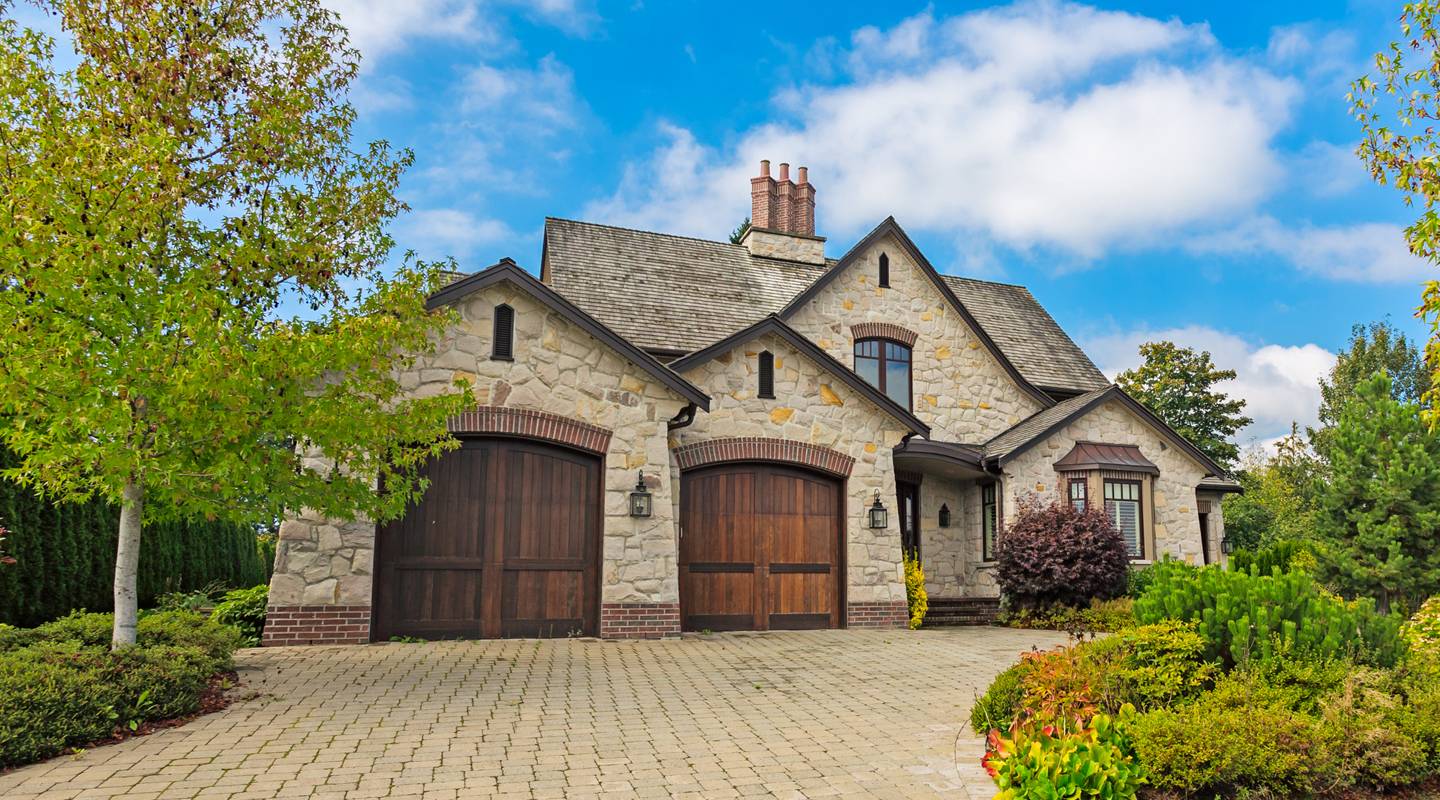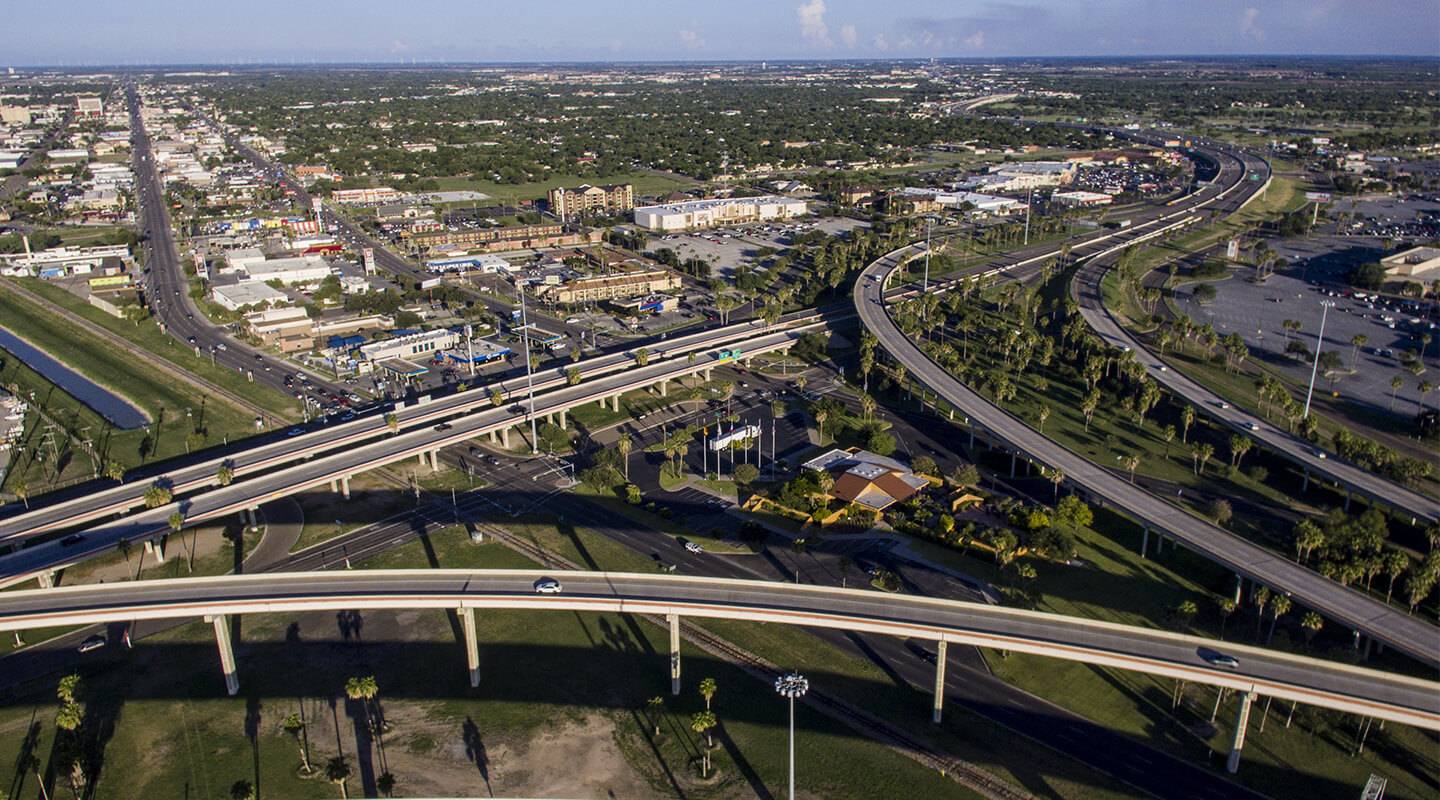
A custom house is everything a production house isn’t. It has a personality; it boasts of genuine materials and fixtures and there are infinite customization options. No wonder prospective homeowners have lots of questions about it.
Below are the top 10 custom home FAQs that can point you in the right direction. Although by no means comprehensive, these are some of the most important ones:
1. What are custom built homes?
These are unique houses built around the specific layout and materials suggested by the client. A custom-built home reflects the architectural and functional preferences of the homeowner. For instance, if you need an extra cabinet built into the wall, you have the freedom to get it built. As opposed to pre-designed home, a made-to-order home lets you tweak the floor plan, external and interior design and many other aspects of homebuilding. These homes fully meet the needs of your family.
2. Are custom homes more expensive?
Typically, a customized residence tends to cost more than an average, pre-designed house because they bring in high degree of luxury and exclusivity in the design. But they also let you pay only for things you want. You can splurge on spas, oversized bedrooms, and eclectic accent lights or scale down into a double-storied rustic accommodation that is highly energy-efficient. Cutting down on extraneous elements, a personalized home helps you save money in the long run. You can select the perfect kitchen or a rooftop pool and fit everything into the budget. Professional custom home builders provide free estimates so you understand how the money will be spent.
3. Why build a custom home?
There is no way of knowing the exact condition of an existing home. You are never sure what supplies were used. Plus, you are stuck with the architecture. With a custom home, however, you can make it as structurally sound as you want. You can handpick construction materials and among other things, choose the best insulation. You can change the space planning as you please and leave room for future renovations because, as your family grows, your needs change. If you live in a house custom-fitted to your lifestyle, not only would you settle down faster but also potentially save a lot of money you’d have otherwise spent on repairs. Production houses can hardly be the home you dream of.
4. How much do custom homes cost?
The price depends on a lot of factors like location, design flexibility and so on. While it is true that with each addition to the plan the price leaps a little, it is equally true that you can find a home for $100,000. They become less expensive with time, removing the need for costly repairs later. Many homeowners agree that the upfront price of a custom house varies with the floor area. It can hover around $300,000 for a 1500 square feet house and rise to about $400,000 for 2000 square feet. A 2-bedroom house will be cheaper than a 4-bedroom home. House price also differs by state. Such a house in Texas might be available for $200,000 on an average. It is not difficult to find affordable houses in Texas if you can connect with the right builder.
5. Are custom homes worth it?
Custom homes are worth every penny. They are the closest thing to your dream home. True, you have to engage the services of a surveyor, a planner and a contractor. But this is money well spent. You are not only investing in the house you want to grow old in but also not wasting money on the upkeep of rentals or existing homes. All custom homes are not flashy. They are just what you need them to be.
6. Is it better to buy or build custom?
Buying an existing house is easier. You can hire an agent and visit houses till you find one. It is cheaper too.
Building custom has its own benefits. You are aware of every small step in the process and can aim for complete home automation in the future. Such possibilities of upgrade are few and far in between with older homes. New homes come with a warranty on structures, finishes or doors and windows – something that is lacking in an existing home. Plus there’s this overwhelming attachment that owners feel with the freshness of a brand-new residence.
7. How long should you wait before taking possession of the house?
Construction times vary and may get stalled for many reasons. Expect anything between a year and 18 months as a standard. But the benefit of working with reputed custom builders is they would share a timeline or a building schedule with you. This helps keep track of their operations and plan your other activities around it. That way you won’t have to repeatedly postpone or move around your other engagements.
There are many professionals engaged; there are many steps involved. This is not to say that custom homes are not delivered on time. Contractors usually include a date of delivery in the final contract and issue a warranty on it. Local builders should be able to tell you about the most favorable time to start building.
8. How to choose a custom home builder?
One of the most useful ways of choosing a builder is to ask for references from friends and family. If existing clients are satisfied with the homes they have received, you can assume the builder is reliable. Check local contractors and visit their houses to gauge if they are a fit. A reputed builder will bring trust and quality to the table.
Find out more about their network of subcontractors and highly-placed sources. Better to find out any unpleasant events before signing the home purchase contract.
9. Does a custom home builder help with the financing?
These builders work with a successful team of planners, architects, suppliers and financiers. The entire process is streamlined with in-house mortgage experts checking your eligibility. Not only can they help you get approved for loans faster, but also get you special loan rates and repayment windows. Once this hurdle is out of the way, you can confidently move forward with the construction.
You can also get help about down payment options, often saving thousands of dollars on loans.
10. Is site selection part of house building?
Not all who dream of building their own house possess a piece of land. If you are one of them, consult with your builder to find a plot at once. Decide on the location and what amenities you need nearby. Once that is settled, look for a suitable lot. Here a local builder’s knowledge shines through as they can give you valuable inputs on the weather, the condition of roads and traffic, overall connectivity, safety and its distance from facilities likes schools, hospitals and the like.
So, although the service is provided by some builders, the cost of buying the plot is not borne by them. Your budget must have room for a new piece of land.
Building a custom house is at once intimidating and thrilling. There are many builders in the Rio Grande Valley that can fulfill your desire of a unique home. Ask them for free estimates and request visits to their recent construction sites. A genuine builder would never refuse. Hence a custom home is the permanent answer to all your housing concerns in the Valley.
If you are looking to buy a home in Pharr, Mission, Edinburg, or anywhere in the Rio Grande Valley, contact us to talk about your property and get the best deal available.

